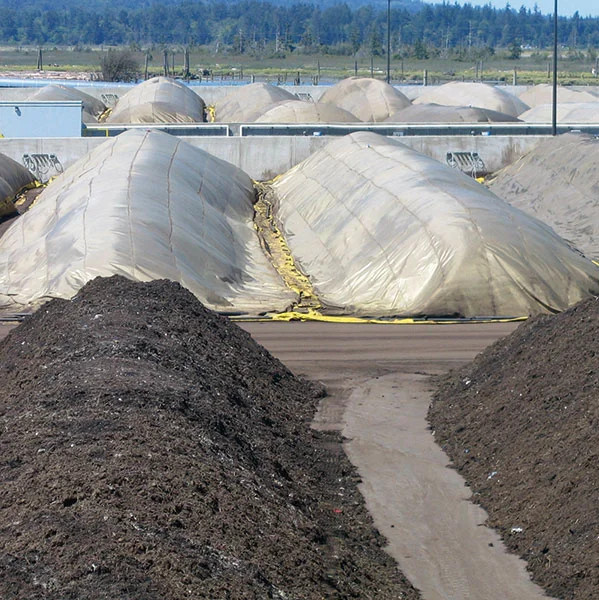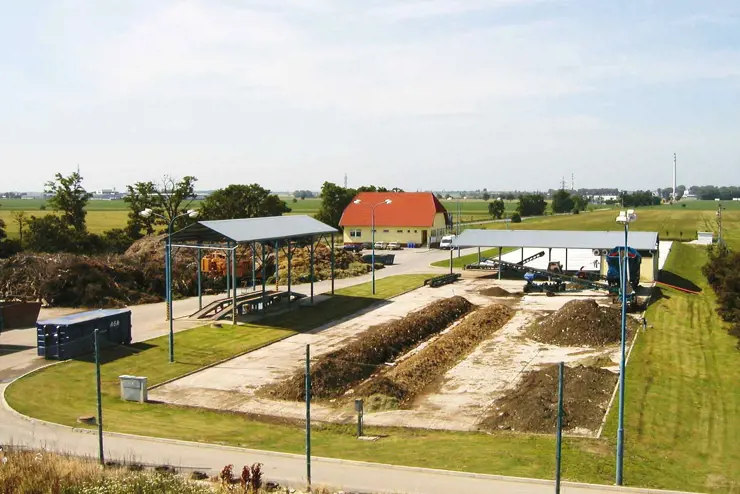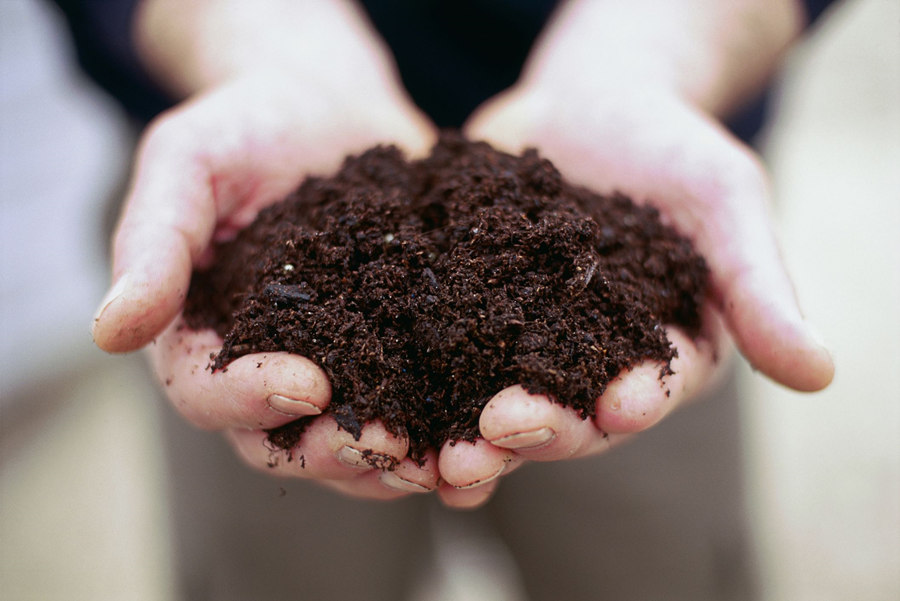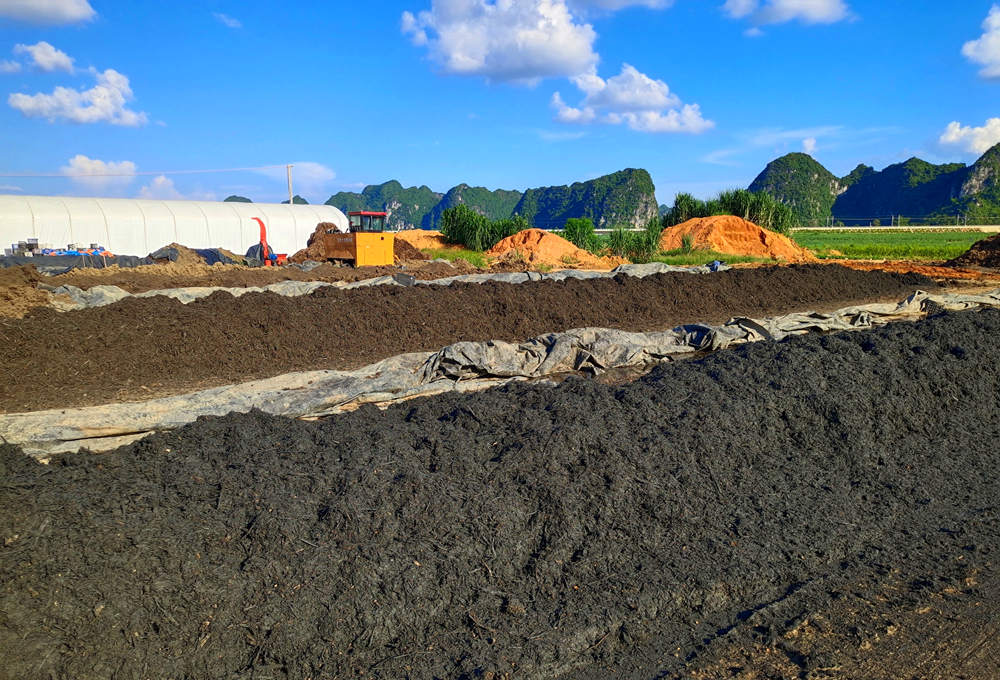Blog
-

Budget Items Required to Build a Composting Plant
The cost of building a composting plant can vary widely depending on several factors, including the scale of the facility, location, technology used, local regulations, and the specific requirements of the project. Composting plants can range from small-scale community or backyard composting setu...Read more -

Approvals required to build an organic composting plant
The specific government approvals required to develop an organic composting plant may differ depending on the country, state, or local restrictions. In general, constructing and maintaining a composting facility necessitates the acquisition of different permits and approvals to ensure compliance ...Read more -

Several Challenges and Issues of Sludge Composting
Large-scale sludge production composting can be a valuable waste management practice, but several challenges and issues require attention to ensure successful and safe composting. Some of the problems needing attention in large-scale sludge production composting include: Contamination and Safet...Read more -
Краткое описание самоходного ворочателя свай
Современное общество придает огромное значение проблемам окружающей среды и устойчивого развития. Одним из ключевых аспектов устойчивого образа жизни является эффективное управление органическими отходами. В этом контексте компостирование занимает особое место, представляя собой эффективный спосо...Read more -

7 Uses for Palm Shells
Palm trees are frequently planted plants in tropical and subtropical regions. Its fruit is currently a valuable source of oil for the food sector, and its shells are frequently used. This essay will concentrate on the applications of palm shells. 1. Biomass fuel: Palm shells can be utilized as ...Read more -

Basic production process of open-air aerobic fermentation composting factory
A conventional, affordable method of producing compost is the open-air aerobic fermentation composting plant, and its manufacturing procedure is basically as follows: 1. Preparation of raw materials: The factory accepts garbage such as food scraps and biodegradable organic material. To ensure t...Read more -

The Science of Composting: Benefits, Process, and Research Insights
Introduction: Composting is a natural process that converts organic waste into nutrient-rich compost, contributing to sustainable waste management and soil health improvement. This article explores the various aspects of composting, including its benefits, the composting process, and recent resea...Read more -

How to Properly Use Compost on Farmland
Composting is a great approach to improve the structure and fertility of agriculture soil. Farmers may increase crop yields, use less synthetic fertiliser, and advance sustainable agriculture by employing compost. To guarantee that compost improves farmland as much as possible, proper use is esse...Read more -

5 Steps for Initial Processing of Compost Raw Materials
Composting is a process that degrades and stabilizes organic waste via the activity of microorganisms to generate a product appropriate for soil usage. The fermentation process is also another name for composting. Organic waste must be continually digested, stabilized, and changed into organic ...Read more -

3 Benefits of Large-scale Compost Production
Composting has become increasingly popular as people look for ways to reduce their carbon footprint. Composting is an efficient way to recycle organic waste materials, while also providing a source of high-quality nutrients that can be used to improve soil fertility and help crops thrive. As the ...Read more
